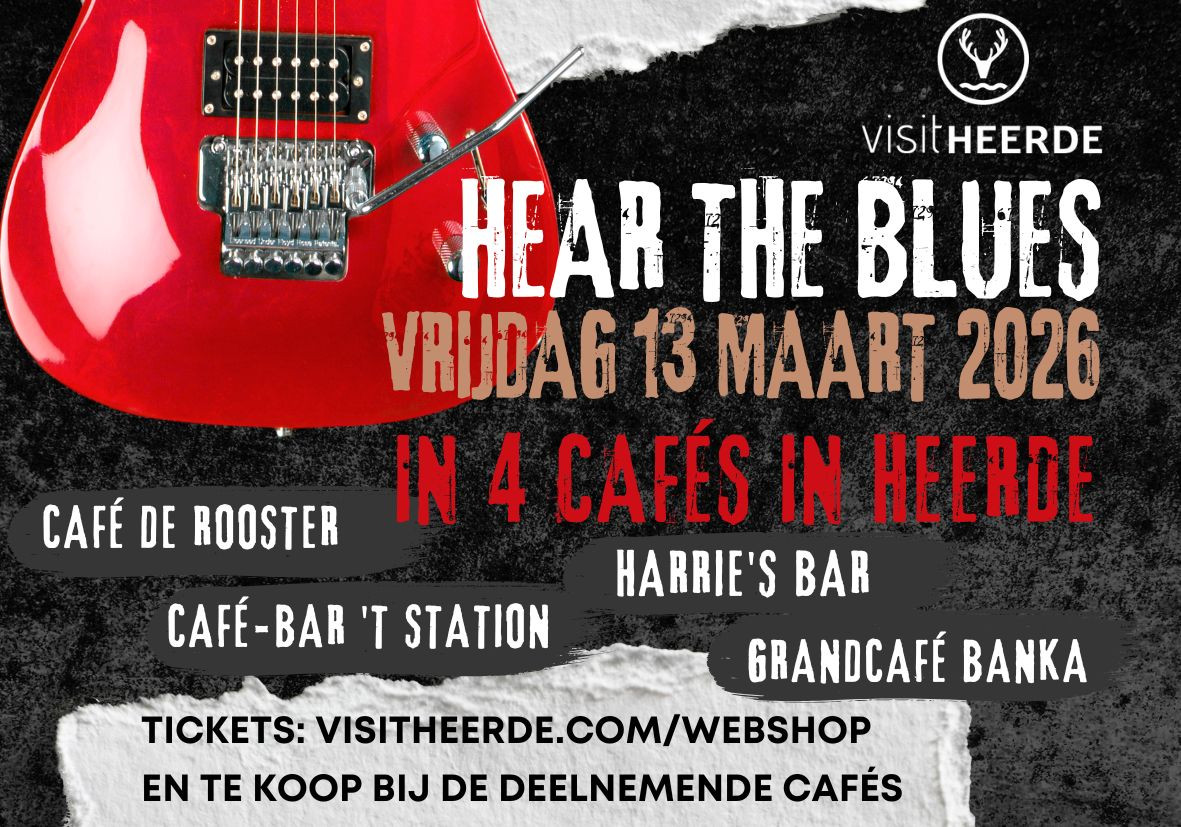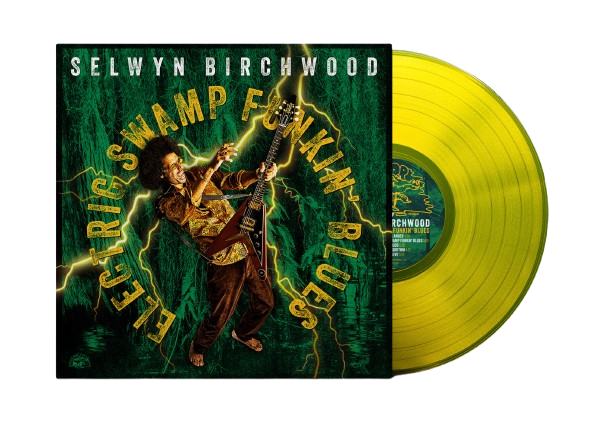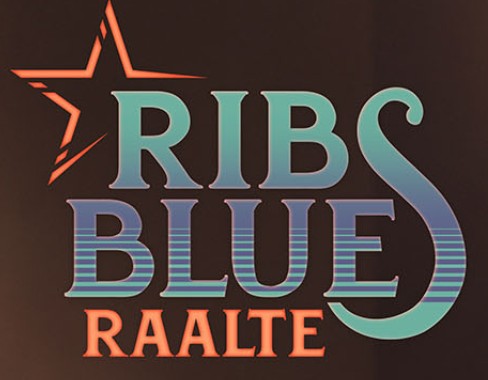 |
Artiest/Band: SI KAHN & GEORGE MANN
- Album: Labor Day | A tribute to hardworking people everywhere
- Release 13.09.2024
- Label: STRICTLY COUNTRY RECORDS
When it comes to “ A tribute to hardworking people everywhere,” Si Kahn and George Mann sure know what they’re singing about. Having both spend many years as close-to-the-ground union organizers, they know firsthand the hardships and challenges everyday working people face – but also how with courage and hope we can organize together to realize our dreams. |
When it comes to “ A tribute to hardworking people everywhere,” Si Kahn and George Mann sure know what they’re singing about. Having both spend many years as close-to-the-ground union organizers, they know firsthand the hardships and challenges everyday working people face – but also how with courage and hope we can organize together to realize our dreams.
As Si turns 80, please join us in celebrating not only generations of courageous union organizers and musicians, but your own life and work, as we organize and build our movement together – “For the Union Makes us Strong,”
With: Vivian Nesbitt & John Dillon, Michael Johnathon & Odetta, Billy Bragg, George Mann, Laurie Lewis & Si Kahn, Kathy Mattea, Peggy Seeger, Joe Jencks, Magpie, Cathy Fink & Marcey Marxer, John McCutcheon, Tom Chapin & The Chapin Sisters
Tracklist:
1. Back When Times Were Hard (Si) 3:43
2. Solidarity Day (George and Si) 3:03
3. Jail Can’t Hold My Body Down (Vivian Nesbitt and John Dillon) 2:29
4. Gone, Gonna Rise Again (Michael Johnathon and Odetta) 3:48
5. We’re the Ones (Billy Bragg) 2:57
6. Were You There (George) 2:33
7. Long Way to Harlan (Si and Laurie Lewis) 2:36
8. Lawrence Jones (Kathy Mattea) 3:04
9. Aragon Mill (Peggy Seeger) 3:10
10. Standing at the End of the Line (Si) 1:52
11. The Old Labor Hall (Joe Jencks) 4:06
12. Spinning Mills of Home (Magpie) 3:40
13. Truck Driving Woman (Cathy Fink and Marcy Marxer) 2:34
14. In the Family (Si) 2:00
15. They All Sang Bread & Roses (George) 3:08
16. Go to Work on Monday (John McCutcheon) 2:42
17. We’re Not Leaving (Si) 2:39
18. The Power of the Union (George) 2:59
19. Hold Our Ground Forever (Tom Chapin and The Chapin Sisters) 3:23
20. You Are the “U” in Union (Si) 2:25
21. People Like You (George) 2:22
Webadres: www.sikahn.com | www.georgemann.org
1. Back When Times Were Hard (Si Kahn): When they learn I’ve
been a civil rights, union, and community organizer for almost 60
years, people sometimes say, “You must have been in almost
constant danger.” In fact, I almost never was, certainly not to the
extent that union organizers in the first half of the last century were.
This song honors them.
2. Solidarity Day (George Mann and Si Kahn): I wrote this song
for and first performed it at the Solidarity Day march on September
19, 1981, when over 250,000 union members and their supporters
filled the streets of Washington, DC. The march was called by the
U.S. labor movement to protest then President Ronald Reagan’s
firing of 12,500 air traffic controllers, who were striking to demand
wage increases, safer working conditions, a 32-hour week, and an
end to long shift patterns
3. Jail Can’t Hold My Body Down (Vivian Nesbitt and John
Dillon): I wrote this song, based on a true incident, for my musical
Mother Jones in Heaven, which Vivian and John have been touring
nationally since before the Covid pandemic. It’s a good example of
why “Mother,” who was thrown in jail with some regularity, was
called “The most dangerous woman in America” by a prosecutor.
4. Gone Gonna Rise Again (Michael Johnathon and Odetta):
How do we know this song is not about my paternal grandfather,
Gabriel Kahn? Here’s a hint: My Zayde would never have had ham
in his smokehouse. Some pastrami maybe, a bissel whitefish. But
ham? Not in a million years, according to the Jewish calendar.
5. We’re the Ones (Billy Bragg): These days, CEOs make
hundreds and even thousands of times what that corporation’s rank-
and-file workers earn. But who are the ones who do the truly hard
work, often for wages that aren’t even enough to support a family,
who endure hardships and hazards, who can be fired at will?
Everyday workers are the ones. That’s why this album is subtitled
“A Tribute to Hardworking People Everywhere.”
6. Were You There (George Mann): This is what Lee Hayes of the
great singing group The Weavers termed a “zipper song.” Even as
the song is being sung, the song leader calls out, “What else are you
proud of,” and then “zips” the answer into the next verse.
7. Long Way to Harlan (Laurie Lewis and Si Kahn): My
songwriting is deeply rooted in what I think of as “The Tradition.” I
try to pay tribute to and honor the tradition by incorporating
elements of it in my original songs: a few words here, a few notes
there. Here I’m drawing on an old song written in the 1920s, later
made popular by Merle Travis, that goes “It’s a long way to Harlan/
It’s a long way to Hazard/Just to get a little brew, boys/Just to get a
little brew/Roll on, buddy/Don’t you roll so slow/How can I roll,
roll, roll/When the wheels won’t go.”
8. Lawrence Jones (Kathy Mattea): In the early 1970s, I worked
with the United Mine Workers of America (UMWA) on the
Brookside Strike in “Bloody Harlan” County, Kentucky. Lawrence
Jones was a 23-year-old coal miner, shot to death on the picket line
by a company security guard. To learn more, watch Barbara
Koppel’s Oscar-winning film Harlan County U.S.A.
9. Aragon Mill (Peggy Seeger): While I was working with the
UMWA on the Brookside Strike in Eastern Kentucky, I was living
in the North Georgia Mountains. That made me the closest union
organizer to the town of Aragon, where the company had suddenly
closed the mill, throwing 700 people out of work. So the Textile
Workers Union of America asked me to go there to see if anything
could be done. Sitting on his front porch, one of the workers, who
had complained for years about the noise from the mill, told me,
“Now that they’ve shut the mill down, it’s so quiet I can’t sleep.”
10. Standing at the End of the Line (Si): Fear hung like a dark
cloud over so many of the coal camps and mill towns where I spent
time as a union organizer. Workers wanted higher wages, better
benefits, and safer, healthier working conditions. But they were
afraid that if they joined the union, they’d lose their jobs – and, in
“company towns” where the companies owned the houses, their
homes as well.
11. The Old Labor Hall (Joe Jencks): The Socialist Party Labor
Hall in Barre, Vermont, known today as “The Old Labor Hall,” was
built in 1900 by immigrant Italian granite workers. Many of the
most famous activists and organizers of the time spoke there,
including Mother Jones. An organizing campaign led by my friend
Chet Briggs, the first person ever to record me singing my own
songs, saved it from the wrecking ball, and got it designated a
National Historic Landmark. After Chet died, I added a new verse
to remember and honor him.
12. Spinning Mills of Home (Magpie): Generations of
Southerners have found themselves between a rock and a hard
place. The good union jobs are in the North, so that’s where they
go. But even Appalachian neighborhoods like Over-the-Rhine in
Cincinnati are a far cry from home and kin, from the warm,
welcoming culture they grew up in. So back and forth they go.
13. Truck Driving Woman (Cathy Fink and Marcy Marxer):
The driver of that Kenworth semi blasting their horn as they pass
you in the lefthand lane may not be tall, but she’s tough as nails.
14. In the Family (Si Kahn): So many of the songs I’ve written
were inspired by the good-hearted, hard-working people I met in
organizing campaigns from Arkansas to Alaska. They’ve given
beauty to my life, meaning to my work. Truly the salt of the earth.
15. They All Sang Bread & Roses (George Mann): I first learned
about the power of music to inspire and sustain people who are
organizing for justice in 1965, when I worked in Arkansas with
SNCC, the Student Nonviolent Coordinating Committee, during the
Southern Civil Roots Movement. Like the Movement itself, so
many of these songs will still be there long after we’re gone.
16. Go to Work on Monday (John McCutcheon): The card room
is the dustiest part of a cotton mill, and that’s where my friend
Louis Harrell spent his working life. When it was cut short by
brown lung disease, I was asked to be one of his pallbearers. After
Louis was gone, I tried to honor him by taking some of the many
things he said to me over the years, and stitching them together.
17. We’re Not Leaving (Si Kahn): This song was commissioned
by the United Steel Workers of America (USWA) for a 15-minute
film they made to build international support for union copper
miners on strike in Arizona. See also Holding the Line: Women in
the Great Arizona Mine Strike, the first ever book by Pulitzer Prize-
winning author Barbara Kingsolver.
18. The Power of the Union (George Mann): Billy Bragg, labor
martyr Joe Hill, and I all have written songs with this title. Billy’s
song includes what I believe are two of the most powerful lines in
folk music: “Money speaks for money/The devil for his own/Who
comes to speak for/ The skin and the bone.” Speaking for them is
exactly what the artists on this album are trying their best to do.
19. Hold Our Ground Forever (Tom Chapin and The Chapin
Sisters): I love writing songs with Tom Chapin (at last count 20 of
them), not just a great artist, but one of the friendliest, most decent
people you’ll ever meet. Not only is this one of the best songs we
came up with, Tom recorded it with his daughters Abigail and Lily,
who perform and record as The Chapin Sisters. To paraphrase an
old saying, “The family that plays together, does stay together.”
20. You Are the “U” in Union (Si Kahn): I can’t remember where
or in which organizing campaign I saw the fading poster, but there
it was, edges curling up, thumbtacked to the wall, in some
comparably fading union hall: You Are the “U” in Union. What
else could I do, except write this song?
21. People Like You (George Mann): In the mid-1970s, I spent
three weeks as part of a team training union leaders from all over
the U.S., who had come to Washington, D.C. to lobby Congress for
stronger health and safety provisions. Their employers had
punished them for their outspokenness by deliberately sending
them to work in unsafe conditions, where they’d all been seriously
injured. Yet every one said they would do it again. This is for them,
and for everyone who has the courage to speak out, even at great
personal risk. I hope this song is for you.
Praise for Si Kahn
“If the 'arc of the moral universe bends toward justice', as Martin Luther King said, then Si Kahn has devoted his life to riding that arc. His powerful impulse to service, combined with deep compassion, is a force of nature. I put Si in the same category as Woody Guthrie, as Pete Seeger, and in a strange way, with my Dad, who shared his righteous sense of humanity, and his love of the 'meek', who he truly believed would 'inherit the earth.” Rosanne Cash, singer, songwriter, author
“Si Kahn is an organizer, and an activist. He's also a poet, a songwriter, a preservationist, a historian, a documentarian in song. He's a stark realist, and simultaneously an unflinching optimist. The tender reverence he holds for the people whose struggles he has facilitated spills over into his writing, keeping their stories alive, connecting us to them-and ultimately, ourselves.” Kathy Mattea, Grammy-winning artist
“Si Kahn has often been called a modern Woody Guthrie. I believe that’s a good comparison, but there’s so much more than that. He has reached out to generations of musicians, helping them navigate the world of folk music festivals and concerts; used his talents and time to connect grassroots organizing to musicians and their music; and becoming the kind of role model every generation of folk artists needs and looks up to. His is generous with his time and prolific in his artistic output, and a dang fine human being.” Cathy Fink, Double Grammy Winner
“Si Kahn is one of the best…a solid thinker who is able to humanize the political…I hope he lives to be 120.” Pete Seeger
“Keep writing your wonderful songs, the world needs them so much.” Mary Chapin Carpenter
“A poetic detail and an ironic understatement unknown in political folk music since Dylan’s early folkie days.” Geoffrey Himes, Rolling Stone
“Si Kahn has the heart of a poet, the wit of a comedian, the hands of a seasoned political operative, and the ability to explain to the rest of us how to translate dreams into day-to-day reality.” Danny Goldberg, Author, Bumping Into Geniuses
StrictlyCountryRecords.com - scr@PieterGroenveld.com








Geen opmerkingen:
Een reactie posten